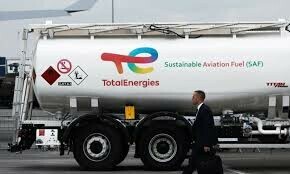DHAKA, Nov 24: Bangladesh police said on Sunday they plan to charge the owner of a garment factory over a fire that killed 111 people as they wrap up an investigation 12 months after the tragedy.
Police officials said charges would be laid against 15 people including owner Delwar Hossain, security guards and managers over the fire that swept through the Tazreen factory that supplied clothes to Western retailers including Walmart.
“Delwar and his wife, who is the co-owner of the factory, are going to be charged with causing death due to negligence,” said Monsur Ali Mondol, a police investigator of the case.
The fire — which broke out exactly 12 months ago — on the outskirts of Dhaka was the country’s worst industrial inferno and shed an international light at the time on the appalling safety conditions of the country’s $22 billion garment industry.
“Our investigation is almost complete. We’ll soon press the charges against around 15 people,” said A.K.M Mohsinuzzaman Khan, another police inspector investigating the case.
The tragedy was dwarfed by an even bigger disaster months later in April at the Rana Plaza garment factory complex also on the outskirts of the capital which collapsed killing at least 1,135 people.
Factory owners are rarely charged over such tragedies in the sector, which is a mainstay of the impoverished country’s economy, accounting to up to 80 per cent of the Bangladesh’s exports.
The Tazreen factory owner, who has since the tragedy been barred from leaving the country, has been accused of breaching construction rules including building staircases that were too narrow and unsafe.
Mid-level managers and security guards have been accused of preventing workers from leaving the seven-storey factory when the fire was small and confined in the ground-floor’s warehouse, Mondol added.
The victims, mostly women who were paid as little as $37 a month, found themselves overcome by smoke or jumped from elevated windows.
Factory disasters are common in Bangladesh, home to 4,500 garment factories, where four million workers sew clothes for the world’s top retailers and brands.
The country is the world’s second largest apparel exporter after China.
This month the government raised minimum wages for workers by 76 per cent and launched inspections of factories in the wake of mounting criticism that authorities were failing to improve the sector.—AFP











































Dear visitor, the comments section is undergoing an overhaul and will return soon.